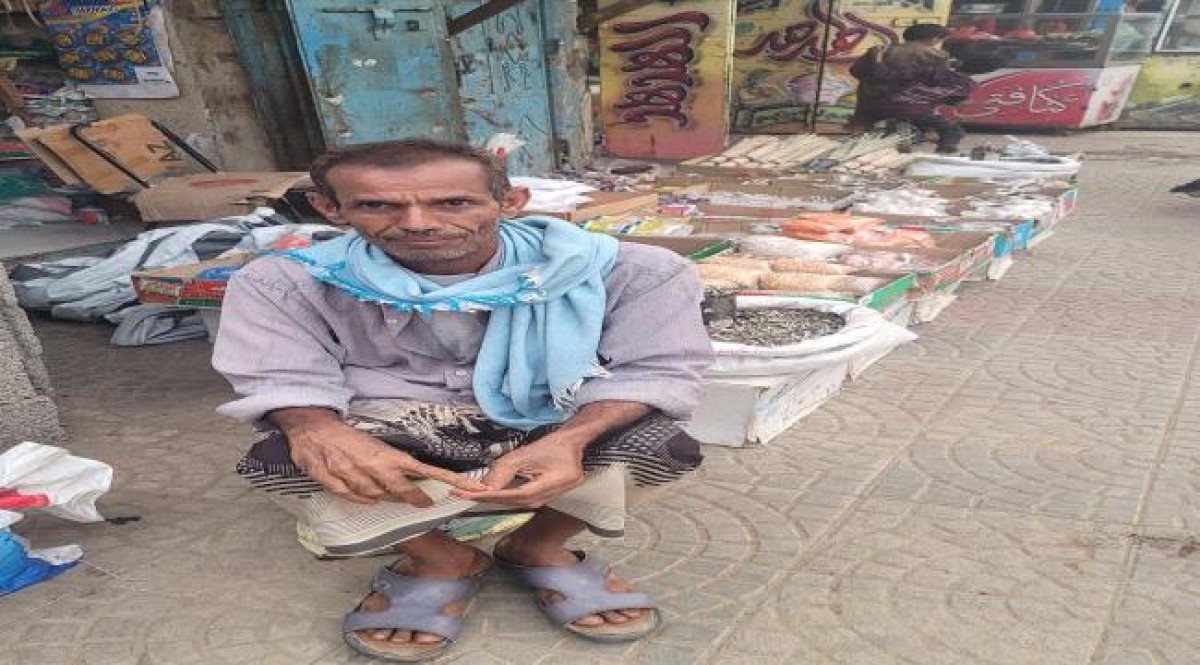The head of a southern union turns into a “spices” seller


In an unusual scene, the head of the Southern Teachers Syndicate in the city of Al-Houta, Mr. Adel Ali Ibrahim “Al-Qulisi,” appears selling “spices” in one of the shops on the street, challenging his difficult living conditions.
This picture reflects a painful reality that many people, especially teachers, in our governorate suffer from today, where the sanctity of the teacher’s message intersects with daily life in its harshest form.
Education is considered one of the most prominent pillars of progress and development in society, and professors represent a symbol of science and knowledge. However, the deterioration of living conditions forced the majority of societal elites who were once a beacon of knowledge to search for unconventional ways to secure a livelihood for themselves and those who depend on them.
In this context, we find Professor Adel Al-Qulisi, who has devoted his time to performing his educational mission and union work for years, finds himself forced to work in the street and on the side of the road. This tragic transformation reflects the economic and living challenges facing the education sector, which in turn affect those working in it.
Mr. Adel speaks with pain and regret about what his situation and the situation of many teachers have reached, saying: “I teach in one of the schools in the city of Al-Houta. I have spent all my years teaching. I receive a salary of (92) thousand Yemeni riyals, which is equivalent to 200 Saudi riyals. I am married and have seven children. I was and still am the president of the Southern Teachers Union in Lahj. We participated in the southern revolution and union work in the hope that we would live a decent life. He added... The Teachers Syndicate in Lahj was the first labor union to sing the southern anthem and raise the southern flag in all schools. Lahj, but was the first to support the revolution and mobilize youth energies in most of the marches at that time.
He points out: “Unfortunately, we have leaders and officials competing over who will collect the most money, and this is clearly observed, as our situation is a witness to what we are saying... He concludes his speech: Our conditions go from bad to worse, as the hunger of the majority comes at the expense of the wealth of the minority... End .